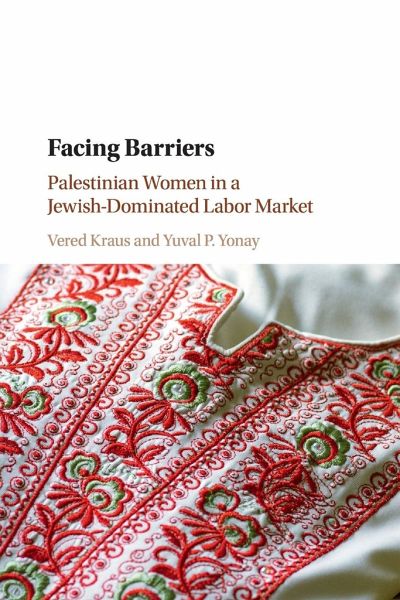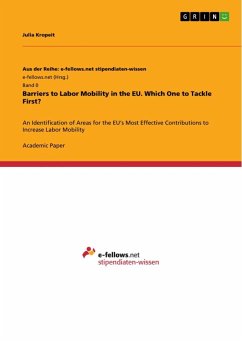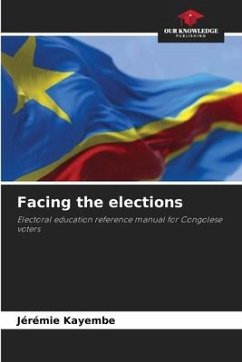
Facing Barriers
Versandkostenfrei!
Versandfertig in 1-2 Wochen

PAYBACK Punkte
20 °P sammeln!




Facing Barriers
Vered Kraus is Professor Emerita in the Department of Sociology and Anthropology at the University of Haifa. She was previously a Fellow and a Visiting Professor at the National Academy of Sciences (Washington, DC), Duke University, North Carolina, University of Southern California, University of California, Berkeley, Zentralarchiv für Empirische Sozialforschung (ZUMA), Mannheim, Germany, Max-Planck-Institut für Bildungsforschung, Berlin, and Nuffield College, Oxford. In the course of forty years, she has published numerous books and articles of labour market achievements and inequality between ethnic groups and genders, including Promises in the Promised Land (1991, with Robert William Hodge), and Secondary Breadwinners (2002).
Produktdetails
- Verlag: Cambridge University Press
- Seitenzahl: 302
- Erscheinungstermin: 18. Juni 2020
- Englisch
- Abmessung: 229mm x 152mm x 17mm
- Gewicht: 441g
- ISBN-13: 9781316649978
- ISBN-10: 1316649970
- Artikelnr.: 59643079
Herstellerkennzeichnung
Libri GmbH
Europaallee 1
36244 Bad Hersfeld
gpsr@libri.de
Für dieses Produkt wurde noch keine Bewertung abgegeben. Wir würden uns sehr freuen, wenn du die erste Bewertung schreibst!
Eine Bewertung schreiben
Eine Bewertung schreiben
Andere Kunden interessierten sich für













